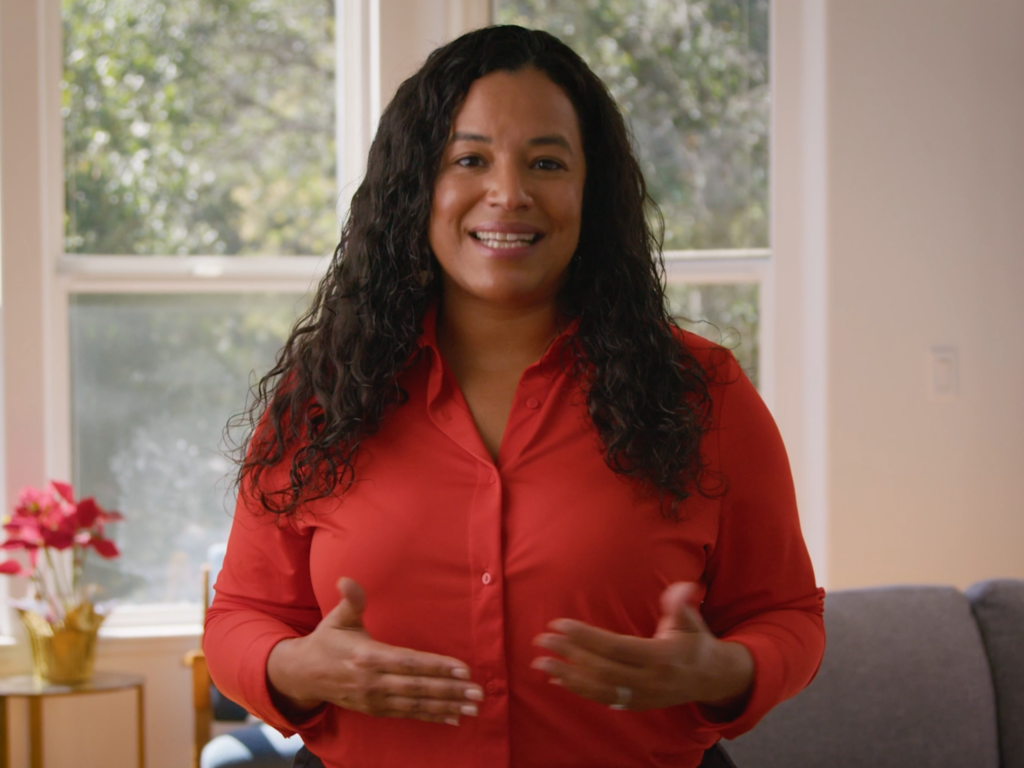Joel Rose and Chris Rush launched the first School of One program in New York City in 2009 at a time when few had heard about the promise of blended learning. Combining teacher-led instruction, technology-enabled individual tutoring, small group learning stations, and a unique scheduling algorithm that helped create a personalized learning program each day for each student, the program demonstrated the power of technology to customize learning based on each student’s strengths, needs, interests, and more.
 Early on the program attracted a great deal of attention; Secretary of Education Arne Duncan visited and Fast Company, the Atlantic, and other national publications came calling. Such attention is certainly flattering and can be distracting. The best entrepreneurs however, in particular those seeking to transform public education for our most underserved students, understand that any effort to develop and prove out innovative ideas will be a long and hard slog. I once heard Richard Barth, the CEO of KIPP, say that there are too many flashes in the pan and that education reform leaders and entrepreneurial organizations need to focus on winning in the 9th inning, not just in the 2nd or 3rd inning.
Early on the program attracted a great deal of attention; Secretary of Education Arne Duncan visited and Fast Company, the Atlantic, and other national publications came calling. Such attention is certainly flattering and can be distracting. The best entrepreneurs however, in particular those seeking to transform public education for our most underserved students, understand that any effort to develop and prove out innovative ideas will be a long and hard slog. I once heard Richard Barth, the CEO of KIPP, say that there are too many flashes in the pan and that education reform leaders and entrepreneurial organizations need to focus on winning in the 9th inning, not just in the 2nd or 3rd inning.
This past week, New Classrooms, the nonprofit organization that Joel and Chris started in order to improve on and scale the School of One model, opened its first non-NYC site. The Spencer Elementary school in Chicago has adopted New Classroom’s Teach to One model, a next generation version of the original initiative, as its middle school math program. This fall, 8 schools in three cities, both district and charter, will implement the Teach to One model. Joel and Chris, along with an extraordinary team, will work with partner schools to refine the model, improve the technology, and do what it takes to prove out the promise of personalized learning.
Joel and Chris are passionate entrepreneurs that share a deep sense of urgency. While they are eager to run fast and scale, both understand the importance of proving out innovative models with irrefutable evidence of efficacy. They are creating something that is built to last with the potential to win in the 9th inning.
Meanwhile, second-year data from the School of One pilot will be released in a few weeks, and while they’re still being analyzed, it’s clear they demonstrate strong early results. In the meantime, scholar and blogger Rick Hess weighs in on current conversations about innovation and early results at School of One on his blog on the Education Week site.


